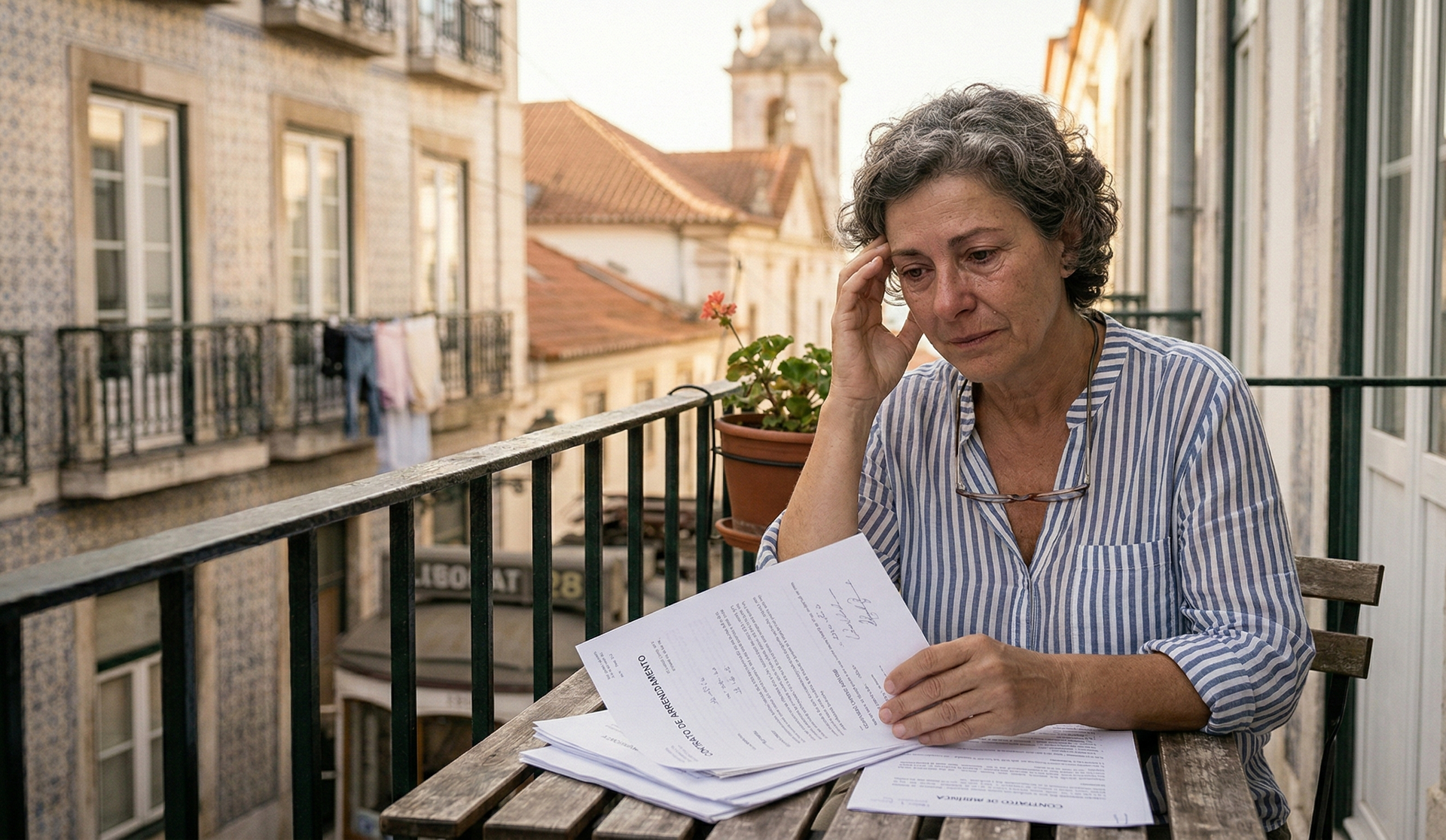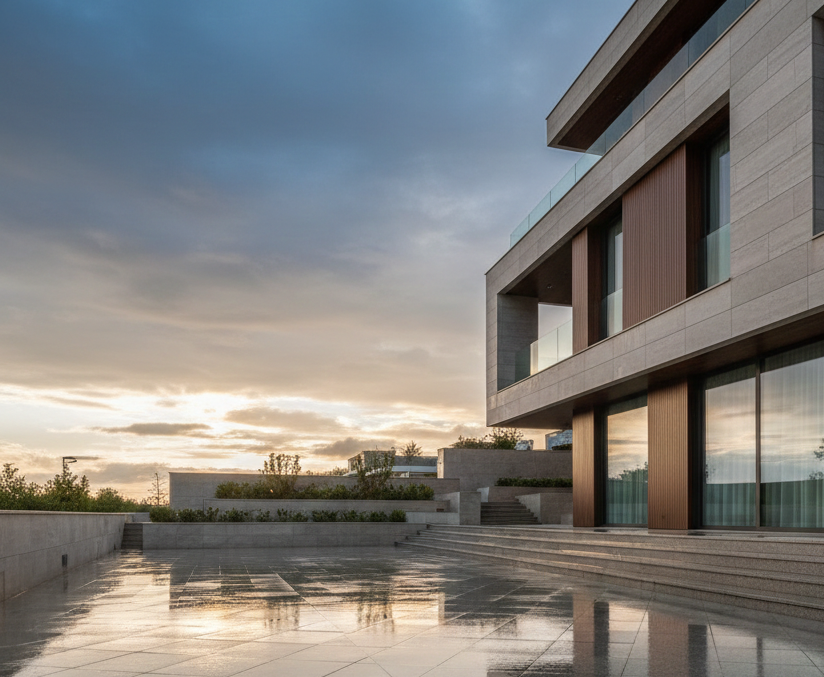Exploring Residency Options of Highly Qualified Employees in Portugal: A Guide for Employers

Miguel Taveira Silva | Solicitor
The D3 Visa or a Residence Visa for a Highly Qualified Activity (HQA) is one of the most common types of visas issued for companies needing to relocate highly skilled employees internationally.
The D3 Visa falls into the category of a Residence Visa, which is a visa that is meant for stays of over 1 year in Portuguese Territory. The Residence Visa is particularly beneficial since it grants the holder the right to request a Residence Permit and stay in Portugal for longer periods with this document proving the legal compliance in Portugal.
The Residence Visa procedure is started at the Portuguese Consulate of the country of legal residence of the applicant, or in countries where intermediary agencies receive the visa applications and then forward them to the Consulates, such as VFS or Gerry’s.
There are several types of situations in which the D3 visa is eligible, such as teaching, a highly qualified activity, or cultural activities. The most common reason to request a D3 visa is due to a highly qualified activity that will be done in Portugal, through an employer.
The D3 visa requested for an employee who would like to relocate to Portugal can be separated into two different categories:
- D3 Visa under the Tech Visa category.
- D3 visa under the Highly Qualified Subordinated Activity category.
Both categories are extremely similar to each other and what differs one from another is the deciding time of the applications. On the D3 visa under the Tech Visa category, the deciding time on the visa application is 30 working days whereas on the D3 Visa under the Highly Qualified subordinated activity one is 60 working days.
For an employer to be eligible for the Tech Visa, the company must be certified by IAPMEI (Agency for Competitiveness and Innovation), which is the entity responsible for certifying candidate companies, involving several entities, such as the Agency for Integration, Migration and Asylum (AIMA), in the process of granting residence visas to professionals hired by certified companies, to receive the Tech Visa status.
To apply for the D3 visa at the Consulate, the applicant must fulfil a specific set of requirements:
- Be a holder of an employment contract or promise of an employment contract from a Portugal Hiring Company for at least 6 months, with a minimum salary corresponding to 1.5 times the national average gross annual salary or three times the index value of Social Support (at least € 1,527.78/month).
- Have proof of having high professional qualifications, namely through a bachelor’s degree/master’s degree in work that will be developed in Portugal.
Applicants meeting these qualifications and requirements are eligible to apply for the D3 Visa or Residence Visa for the exercise of a subordinated highly qualified activity.
The D3 Visa holder also has the possibility of applying for DF Residence Visas for the family members, namely parents, children, or spouse so they can also receive a residence Visa and be eligible to travel to Portugal together with the D3 Visa applicant.
The Residence Visas often include scheduled appointments to attend the Immigration Authorities in Portugal with the purpose of obtaining a residence permit in Portugal.
Alternatively, the Residence Permit based on the D3 can also be obtained locally in Portugal, without the need of a residence visa. In this case, the process begins at AIMA with all the documents that would be needed to be presented at the Consulate and others.
Both procedures will lead to the same outcome, with the main difference that the application starting at the Consulate will lead to a smoother pathway to obtain the residence permit as it allows the applicant to avoid resubmitting documentation already provided for prior approval and includes a scheduled appointment with the Immigration Authorities in Portugal.
Due to the current situation of lack of appointments, it is advisable to apply for the D3 Visa in your country of residence, if you wish to reside in Portugal for a period of over a year. This Residence Visa typically includes a pre-scheduled appointment with the AIMA Authorities, making the process easier and more efficient in general.
The D3 visa is an excellent choice for employers aiming to recruit highly qualified professionals to local companies in Portugal, granting stability and ensuring that the employee’s immigration needs are duly fulfilled in Portugal.
Should you wish to further discuss this matter, please feel free to reach out to us at any time.










